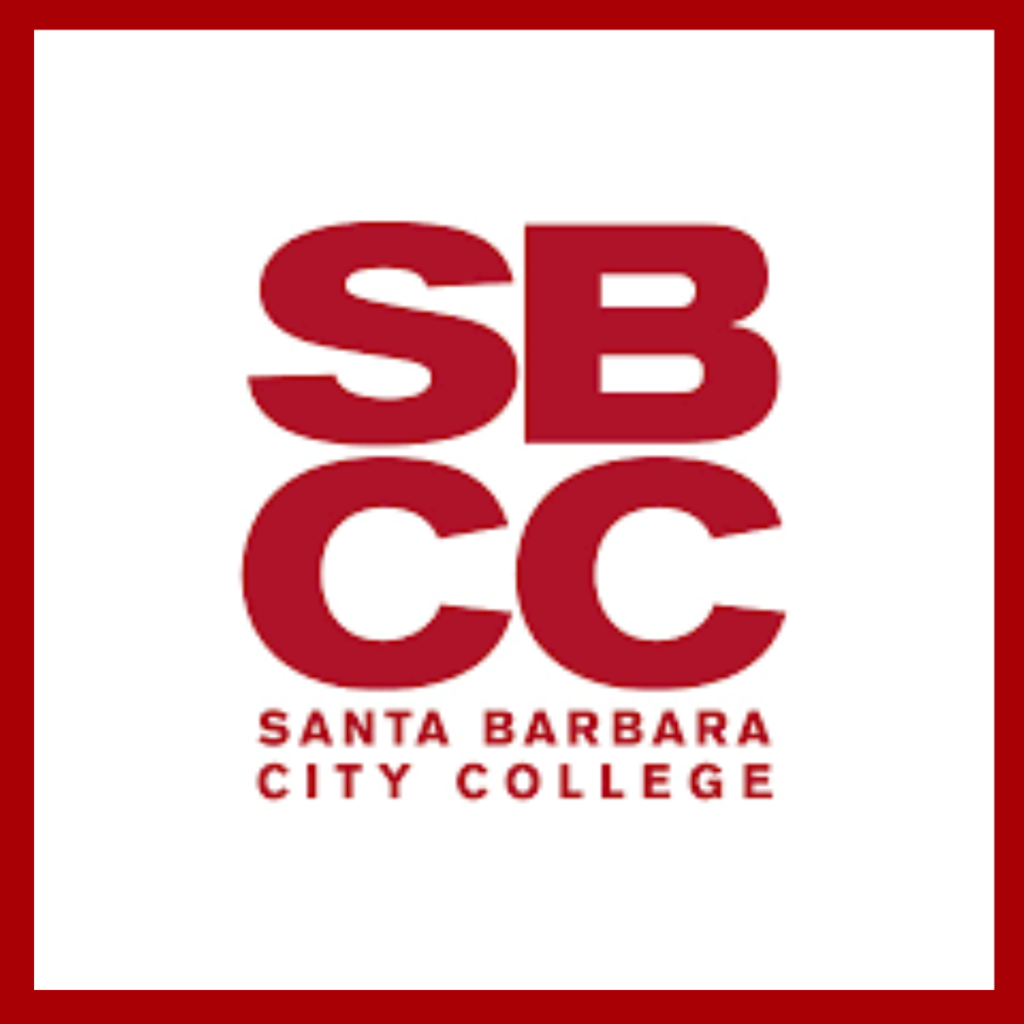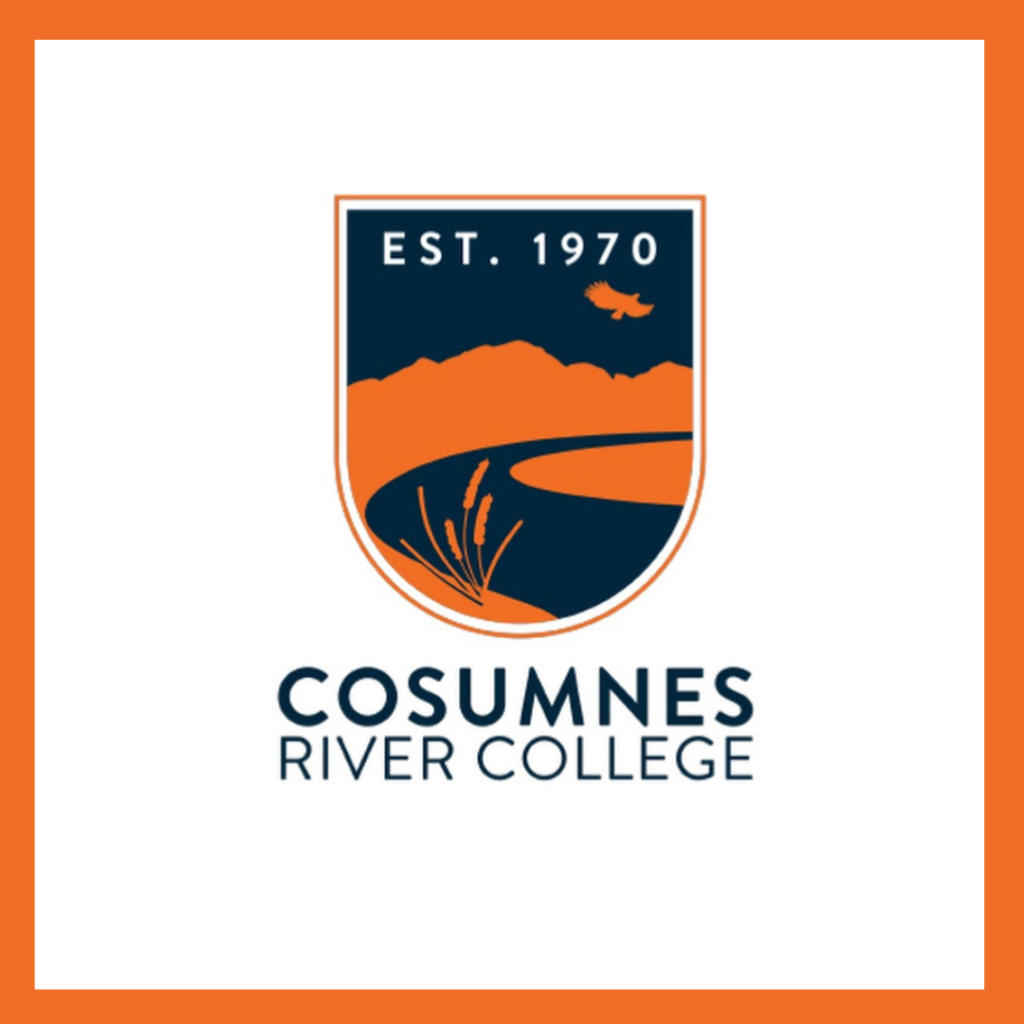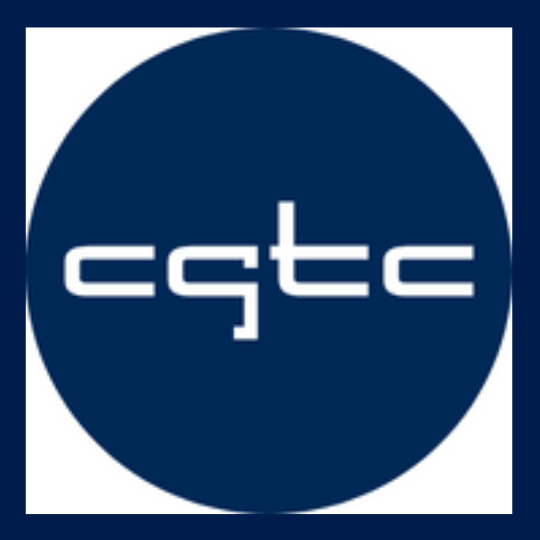How Much Money Can I Earn After Completing a Medical Coding Training Program Online?

Find your degree
The field of medical coding is growing quickly and is expected to increase in the next ten years. As medical records continue to become digitized, employment opportunities have grown. With this boom, training for coding and medical billing specialists is more readily available than ever before. And dozens of colleges and universities offer online programs for medical billing and coding.
Obtaining a certificate (such as the certified professional coder certificate) can lead to many job options in healthcare. And these roles can be very lucrative and rewarding. Let’s look at what this career is and what factors determine how much you can make doing it. We will also look at the salaries for various medical coding jobs.
What is Medical Coding?
Medical coding is a vital process in the healthcare industry. It involves translating complex medical procedures, diagnoses, and services into standardized codes. These codes have many uses, such as billing, insurance claims, and data analysis. Medical coders use codes to document treatments, conditions, and services.
Medical coders review medical records and convert detailed medical information into pre-established codes. Healthcare facilities can use this to bill insurance companies accurately. It also helps them keep track of patient care.
Accurate medical coding is essential for proper reimbursement, medical research, and healthcare analysis. Medical coders need a deep understanding of medical terminology, anatomy, and coding guidelines. They play a crucial role in maintaining the financial health of healthcare organizations. And they contribute to efficient operations and quality patient care.

How Much Education is Needed for a Job in Medical Coding?
To start your medical coding career, you typically need some formal training. In some cases, you will need certification. Here are the steps you generally need to take, and how long it will take to complete a medical billing program:
Education
A high school diploma or equivalent is usually the minimum education needed to start a career in medical coding. Many employers prefer candidates with formal education in medical coding or healthcare. Some two-year colleges even offer associate degree programs for aspiring medical billing and coding professionals.
Training Programs
Completing a training program can significantly improve your chances of getting hired. There are accredited medical billing and coding schools online with financial aid available. Their programs can range from several weeks to a few months in duration. The programs provide instruction on medical terminology, anatomy, coding systems, and relevant software. Such programs prepare you to pass exams needed for certifications.
Certification
Certification can greatly enhance your job prospects and earning potential. To obtain these certifications, you’ll need to pass an exam that tests your knowledge of coding concepts. Two of the most recognized certifications include the CPC credential offered by AAPC and the CCS offered by the AHIMA.
On-the-Job Experience
Many employers prefer candidates with practical experience in the field. You can start in entry-level positions once you finish your education and get certified. This will help you gain experience and improve your coding skills.
Continuing Education
The healthcare industry is subject to regular updates and changes. This includes new regulations and revisions to coding systems. Continuing education is vital to stay current with industry standards and best practices.
Soft Skills
Medical coders need more than technical skills. They should also have strong attention to detail. Additionally, analytical thinking and communication skills are important. Finally, they should be able to work independently.
What Factors Determine How Much Money I Can Earn After Completing a Coding Program Online?
Completing an online coding program can land you a rewarding healthcare career. After you finish the program, there are factors that affect how much money you can make. Your education, experience, location, and healthcare setting all contribute to these factors.
- Education: Your education level and the quality of the online training can greatly affect how much you earn. A comprehensive and accredited program equips you with the knowledge and skills needed. Employers value candidates who have received education from reputable sources. This can translate into better compensation.
- Experience: This is another major determinant of earnings. Starting positions may have lower pay than jobs that require more experience. As you build on your knowledge and prove your coding skills, employers will value you more. This can lead to higher-paying opportunities. Certain roles, such as supervisors, often need practical experience as a base.
- Location: Location also plays a crucial role in salary discrepancies. How much money you make as a medical coder depends on where you live and how many jobs there are. In big cities, wages are typically higher to match the higher costs of living. In rural areas, compensation is usually lower.
- Facility Type: The type of healthcare facility you work in also influences your earnings. Hospitals, big clinics, and healthcare networks typically pay higher. This is because the cases are complex, and there are more patients. Smaller practices or outpatient centers may pay less but offer a more manageable work environment.
- Certification: Certifications can significantly impact earning potential. If you have a coding certificate, you can enter the field. Getting specialized certifications like CPC or CCS can lead to better-paying jobs. These certifications show that you are skilled and dedicated to your job. This often leads to higher pay.
- Trends: Industry demand and trends also influence earnings. The healthcare landscape is ever-evolving. Some specialties or areas of expertise are more in demand at certain times. You can find higher-paying jobs by keeping up with these trends and focusing on popular areas.
- Work Ethic: Lastly, your work ethic and dedication can’t be overlooked. Coders who are accurate, efficient, and take initiative can earn higher pay.
So you see, many factors determine how much you can make after finishing a training program. A good education, relevant certifications, and practical experience can make for higher salaries.

How Much Money Do Medical Billing and Coding Professionals Make?
The salary for those with medical billing and coding training depends on the job you get. There are many positions in hospitals, doctor’s offices, and other clinical settings. Here are some of the most common jobs in the field of medical billing and coding and their salaries:
Medical Coder/Medical Biller Career: Medical Records Specialist
A medical records specialist organizes and manages patient health information. They ensure the accuracy, accessibility, and confidentiality of medical records in healthcare settings. Their ultimate goal is effective patient care and administrative operations.
According to the Bureau of Labor Statistics, the median annual pay for medical records specialists is $46,660 per year. That means they earn an average of $22.43 per hour. Currently, there are around 186,400 medical records specialists in the US.
Medical Coder/Medical Biller Career: Medical Coder
This is the most common role for individuals with a coding certificate. Medical coders review medical records and assign appropriate codes. They use systems like ICD-10 and CPT (Current Procedural Terminology) codes. Medical coders ensure accuracy and compliance with coding guidelines.
The average salary for medical coders in the United States is $53,735. That means that based on a 40-hour work week, medical coders average $25.87 per hour. However, the usual salary range for this medical billing and coding job spans from $47,257 to $61,734.
Medical Coder/Medical Biller Career: Medical Biller
Medical billers work closely with medical coders. They use codes to send claims to insurance companies for reimbursement. They also handle billing inquiries and resolve any issues related to claims processing.
The average base salary for medical billers is $19.26 per hour. That means they make an average of $35,125 per year. Depending on location and experience, medical billers can make up to $46,787 annually.
Medical Coder/Medical Biller Career: Coding Auditor
Coding auditors are responsible for reviewing coded medical records to ensure accuracy. They comply with coding guidelines and adhere to legal and regulatory requirements. These professionals help identify coding errors and provide feedback to coders. They ensure proper documentation.
The average annual salary for a coding auditor is $74,453 per year. The range of pay is $47,000 to $118,000. Education, experience, and location all play a part in determining the pay rate. This makes the role of coding auditor one of the best-paying jobs for those with coding training.
Medical Coder/Medical Biller Career: Medical Coding Trainer
With experience and additional training, you could become a coding instructor or educator. This role involves teaching aspiring coders about coding guidelines. These trainers also teach about software systems and medical terminology.
The average annual salary for a medical billing and coding trainer in the United States is $46,000. This corresponds to an average hourly wage of around $22 or a weekly earning of $885. The annual pay for a medical billing and coding trainer can range from $41,428 to $51,866, depending on various factors.
Medical Coder/Medical Biller Career: Health Information Technologist / Medical Registrar
Health information technologists organize and manage patient health information data. This includes medical histories, treatment plans, and insurance information. They ensure the accuracy, accessibility, and security of patient records. These professionals are sometimes known as medical registrars.
The median annual pay for a health information technologist is $55,560. This means that they make an average of $26.71 per hour. There are currently about 39,900 health information technologists and medical registrars in the US.
Medical Coder/Medical Biller Career: Medical Records Coordinator
Medical records coordinators manage and organize patient medical records. They may work in hospitals, clinics, or other healthcare settings. Their main objective is to ensure that health records are appropriately stored, updated, and available when needed.
The median annual pay for a medical records coordinator is $44,887. That means these professionals make an average of $21,61 per hour if working 40 hours per week. Medical records coordinators can make up to $64,000 depending on experience and location.
Medical Coder/Medical Biller Career: Medical Records Coding Compliance Specialist
Coding compliance specialists within healthcare organizations play a pivotal role. They ensure that coding procedures adhere to both legal mandates and regulatory frameworks. Their vigilance guards against fraudulent activities and guarantees the precision of billing procedures.
The median salary for coding compliance specialists in the US is $70,803. However, the salary range can span from $61,703 to $80,400. The higher pay rate can depend on additional certifications and experience.
Medical Coder/Medical Biller Career: Health Data Analyst
With further education and skills development, you can transition into a health data analyst role. Data analysts work with healthcare data to identify trends, patterns, and insights. This information is used to improve patient care, operational efficiency, and financial performance.
Because health data analysts have education in addition to coding, their pay is typically much higher. The medical annual compensation for this title is $98,859. This breaks down to $47.51 per hour or $1,901 per week.
Medical Coder/Medical Biller Career: Medical Coding Supervisor
Medical billing and coding supervisors also play a pivotal role in healthcare institutions. They lead and manage teams of skilled medical coders. These professionals uphold coding quality and productivity standards. They offer steadfast guidance and promptly resolve any coding-related challenges that may surface.
Medical billing and coding managers usually need experience and can earn more than medical coders. The median annual pay for these professionals is $49,333. This can be lower or higher depending on several factors. The pay range for medical billing and coding supervisors is $31,000 to $79,000.
Medical Coder/Medical Biller Career: Clinical Documentation Improvement Specialist
These medical billing and coding specialists collaborate with healthcare providers to ensure accurate and comprehensive medical documentation. Their ultimate goal is to bridge gaps between clinical documentation and coding. They do this by improving coding accuracy and reimbursement.
The average clinical documentation improvement specialist income in the United States is $81,779. That means the hourly pay (based on a 40-hour week) is $39.42. The compensation range frequently ranges between $71,736 and $92,668.
Medical Coder/Medical Biller Career: Risk Adjustment Coder
Risk adjustment coders play a crucial role in the medical billing and coding field. Their role is to accurately assign codes that mirror the seriousness of patient conditions. They ensure the success of value-based care and Medicare Advantage plans.
$56,5430 is the average yearly pay for risk adjustment coders. This amount can vary depending on things like certification and location. These professionals can make as much as $80,000 per year or as low as $40,000 per year.
Medical Coder/Medical Biller Career: Outpatient Coder
Outpatient coders assign codes to medical procedures and services in outpatient settings. These include clinics and ambulatory surgical centers, ensuring precise documentation and billing.
The median salary for this medical billing and coding role in the United States stands at $46,818. However, the usual salary range tends to vary between $41,175 and $53,788. This means that these professionals typically make $24.49 per hour on average if working 40 hours per week.
Medical Coder/Medical Biller Career: Inpatient Coder
Inpatient coders assign codes to medical diagnoses, treatments, and procedures. They focus on what was administered during a patient’s hospital stay. This ensures accurate record-keeping, billing, and communication among healthcare professionals. It supports proper reimbursement and compliance with coding guidelines specific to hospital settings.
Inpatient coders tend to make more money than outpatient coders. The average salary for this role is $75,983. They can make as much as $121,000, making this medical billing and coding job one of the highest-paying ones on our list.
Medical Coder/Medical Biller Career: Cancer Registrar
Cancer registrars compile and maintain records of cancer patients. They ensure accurate documentation of diagnoses, treatments, and outcomes. This information is used for research and cancer program management.
The average pay for this medical billing and coding career is $23 per hour. This equates to $47,305 per year. The salary range for these professionals is $20,500 to $73,000.
Medical Coder/Medical Biller Career: Health Information Manager
Health information managers typically hold a bachelor’s degree in a health-related field. They have also completed a specialized training program. These professionals work in healthcare facilities. They manage patient health information, electronic health records, and other medical data.
Health information managers earn higher salaries than regular medical coders. This is due to their advanced education. The average annual pay for this title is $96,812. However, the compensation range frequently ranges between $84,620 and $121,401.
Medical Coder/Medical Biller Career: Medical Records Coding Compliance Specialist
Medical records coding compliance specialists hold a critical responsibility. They ensure meticulous adherence to coding and billing regulations. They also adhere to internal protocols and external benchmarks within healthcare entities. They help prevent legal and financial troubles that can happen if rules are not followed.
The average annual pay for medical records coding compliance specialists is $70,803. This means that if working a 40-hour work week, they make $34.03 per hour. Depending on factors such as experience, education, and location, the pay can range from $61,703 to $80,400.
Medical Coder/Medical Biller Career: Remote Medical Coding Trainer
Due to the rise in remote work, there is a high demand for virtual medical billing and coding trainers. A Remote Coding Trainer uses virtual platforms to teach coding and billing concepts. They teach coding principles and systems. They ensure that learners gain skills for accurate healthcare documentation and billing procedures.
The median annual pay for a remote medical billing and coding trainer is $52,917. They can make up to $85,000 depending on the company they work for and their experience level.
The job outlook in this sector is excellent. The need for certified medical coders is expected to increase by seven percent over the next decade. And over 14,000 openings for coding professionals are projected each year through 2031.
The Best Online Medical Coding and Billing Training Programs
Now that we’ve examined how much you can earn, let’s explore three top online medical billing and coding programs. In many such programs, you can continue working while earning your medical coding credentials. Remember, the more skills and education you have, the more money you’ll make.
Santa Barbara City College

Program: Medical Coding Specialist Certificate
Santa Barbara City College is an esteemed institution in California with a long history. This respected two-year community college is one of California’s oldest. Since its start, it has provided quality education and academic excellence within the community and beyond. SBCC is the least expensive medical billing and coding school on our list.
Santa Barbara City College offers a 100% online Medical Coding Specialist Certificate program. This program will prepare students to take the Certified Coding Associate (CCA) test. It is also intended to prepare them for entry-level medical coding jobs in a range of medical settings.
Cosumnes River College

Program: Health Information Coding Specialist Certificate
Sacramento’s Cosumnes River College is a two-year community college. The school, named after the Cosumnes River, opened in 1970. CRC is one of the finest online medical coding and billing colleges. In addition, the institution offers two distinct online degrees. Both are accredited and provided asynchronously. This enables you to fit your study around your hectic schedule.
The Health Information Coding Specialist Certificate Program consists of 35 to 36 credits. This qualification can lead to better opportunities in the healthcare industry. Plus, it prepares students for certification tests like the certified professional coder exam.
Central Georgia Technical College

Program: Medical Coding Technical Certificate
Central Georgia Technical College is part of Georgia’s Technical College System. The school is renowned for providing exceptional education. This public college has around 10,000 students and is known for its diversity and learning. Its comprehensive range of programs spans numerous subjects. The school caters to the varied interests and career aspirations of its students.
CGTC provides a Medical Coding Technical Certificate program that is entirely online. This one-of-a-kind 24-credit medical billing and coding curriculum provides advanced coding instruction. It is perfect for people seeking career advancement in a healthcare context. This program also prepares students to pass certified professional coder tests.
